1、 Pest control
Chili
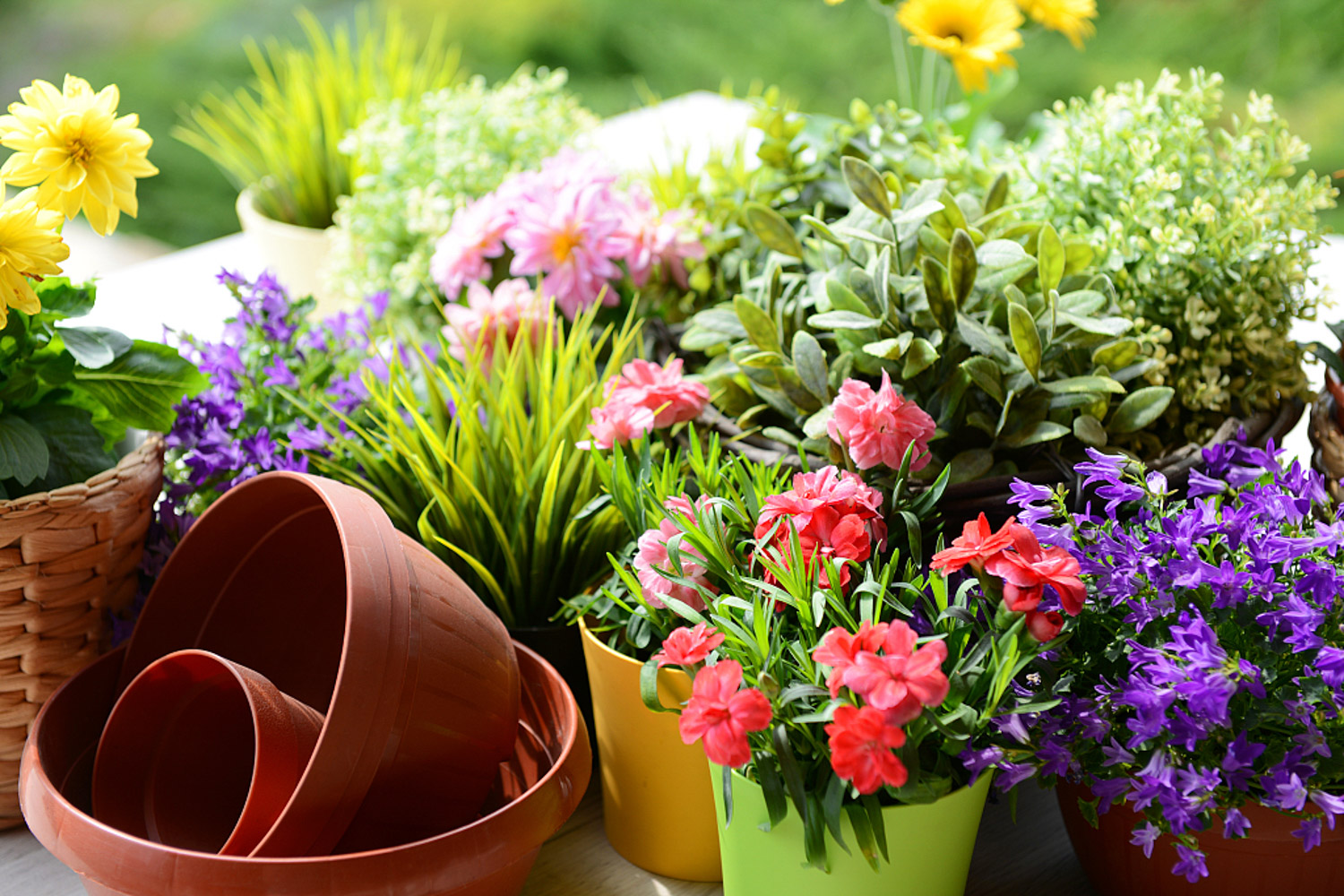
stir the pepper and water according to the weight ratio of 1:10, then boil it for 30 minutes, then take the filtrate spray. p>
Function: it can effectively prevent aphids and stink bugs
Zanthoxylum bungeanum

mix the Zanthoxylum bungeanum and the water according to the weight ratio at 1:10, boil it and divide it into 5 parts, then use the ratio of 1:10 to add water to spray
.Function: this can effectively control whitefly and aphid
Ginger
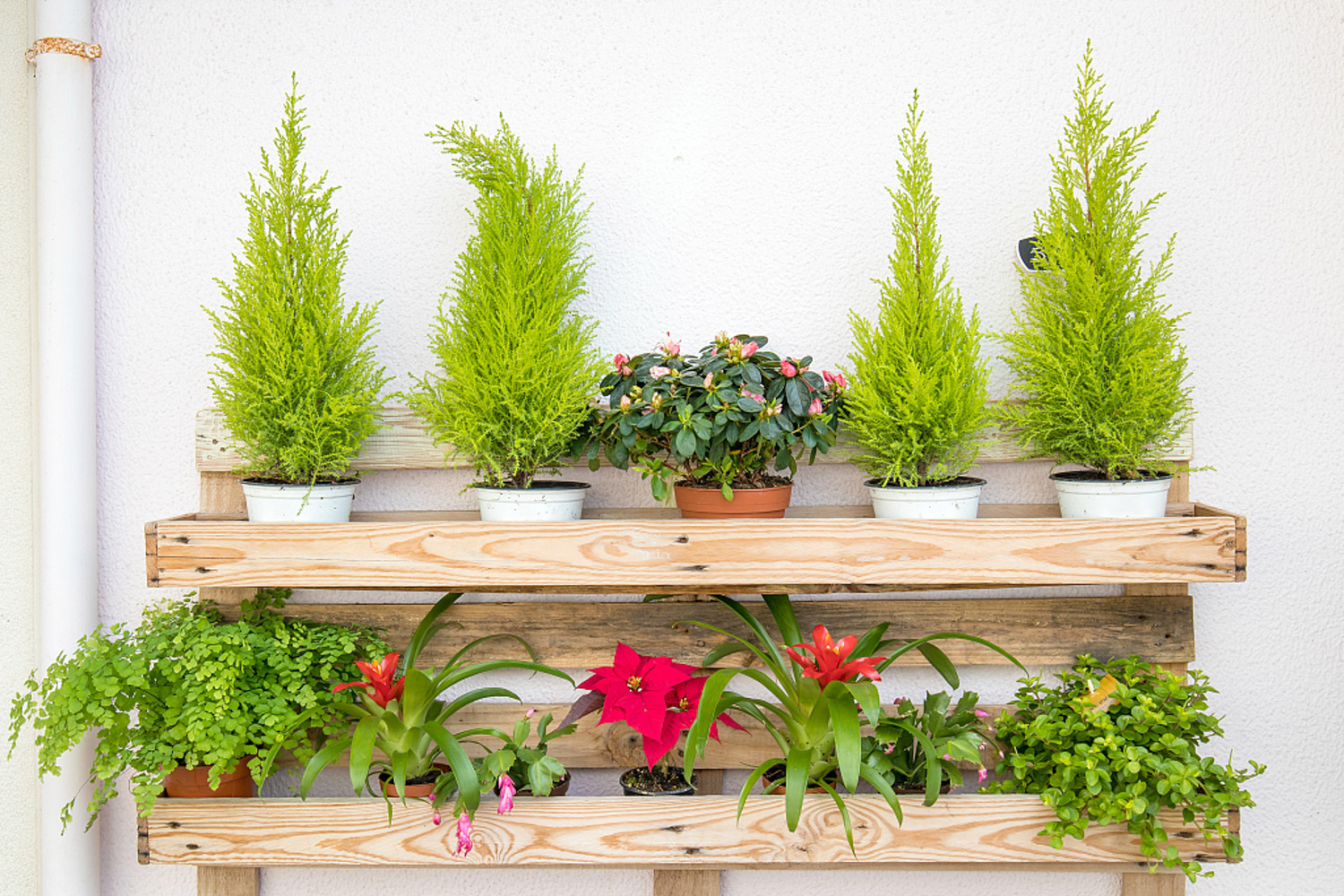
Mash a piece of ginger and extract juice, and then dilute the juice and water in the ratio of 1:20
function: spraying the potted flowers can effectively prevent and control the rotten disease. p>
Scallion

mash the scallion, add water to the ratio of 2:1.5, and then spray it. p>
Function: it can effectively control aphids and powdery mildew
Garlic
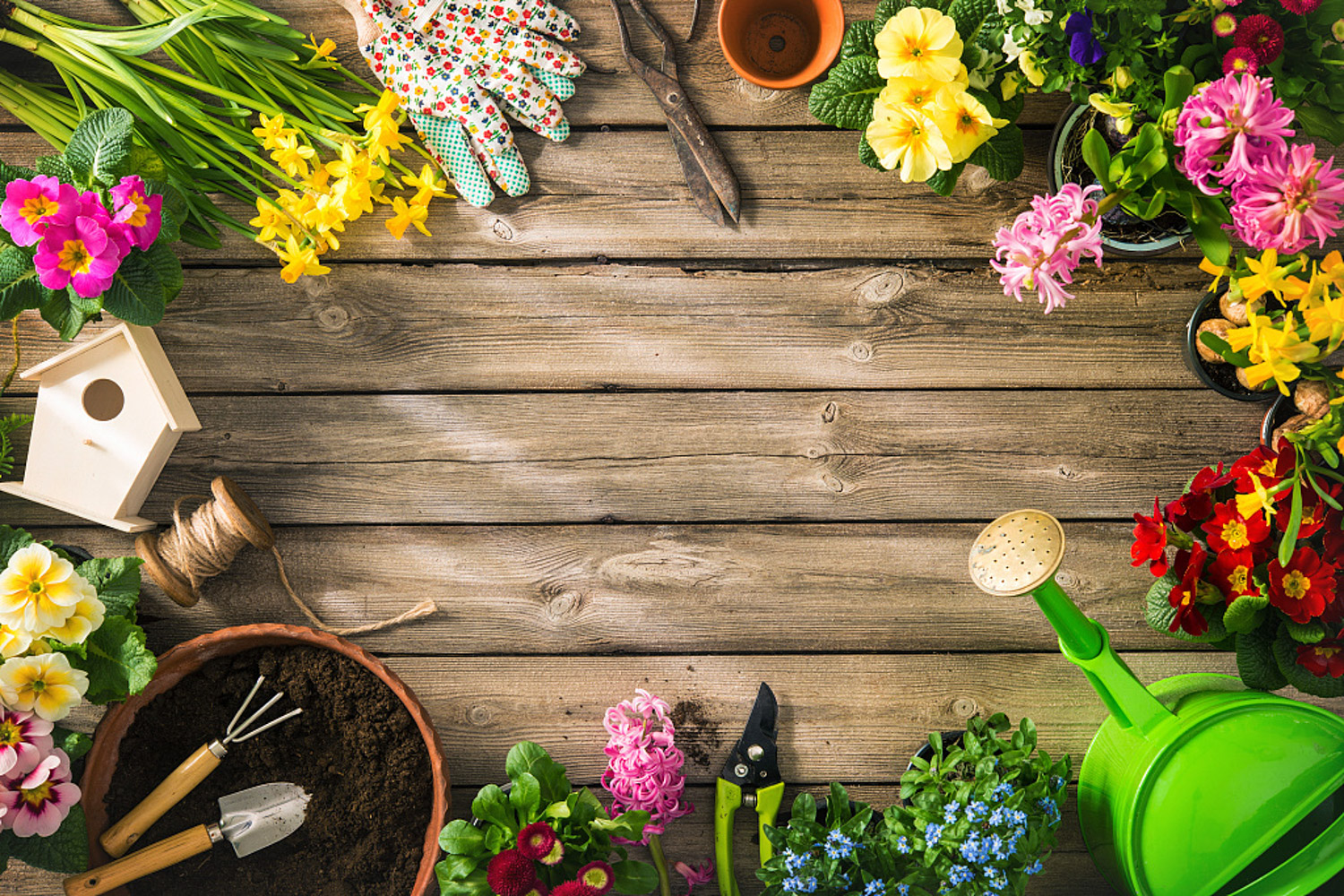
mash the garlic, add the same amount of water and mix evenly. Add three times water to dilute the spray. p>
Function: it can effectively control powdery mildew, gray mold and root rot, as well as aphids, red spiders and other molluscs
Leek

mash the leek, add 10 times of water to dilute it, take the filtrate and spray. p>
Function: it can effectively control rust spot and aphids
2、 Skillful watering
Plant ash water

Add water to the plant ash, fully filter it, and water the flowers with the leaching solution
Function: it has a good effect on flowering and fruiting plants and can promote the growth of flowers and fruits
Rice washing water

Put the rice washing water into an empty jar for fermentation. After fermentation, mix 1 part of rice washing water with 4 parts of water, dilute and stir, and then water the flowers. Pay attention not to pour it on the leaves
Function: the rice washing water contains nitrogen and other trace elements, which are easy to obtain and the fertilizer effect is moderate. It is very suitable for family use
Rain

When it rains, you can use a bucket to receive rain water. Watering flowers with rain can have many benefits
Function: rainwater is used to water flowers, which is conducive to promoting flower assimilation, prolonging cultivation years and improving ornamental value. Especially flowers that like acidic soil prefer rainwater
Fish tank wastewater

Watering the flowers with the old water replaced from the fish tank (the water in the fish tank, the water for raising fish) is a good measure to save water and enrich the soil
Function: the residual chlorine in the aged water has volatilized and will not cause harm to the flowers. At the same time, the fish excreta in it can be transformed into organic fertilizer for flowers and trees, which can well promote the growth of flowers
Apple peel extract
Soak the peeled apple peel and core in cold water, and take the extract to water the flowers
Function: often watering the flowers with apple peel extract can effectively reduce the alkalinity of basin soil and promote the growth of plants
3、 Wonderful fertilization
Waste peanuts, beans and other cereals
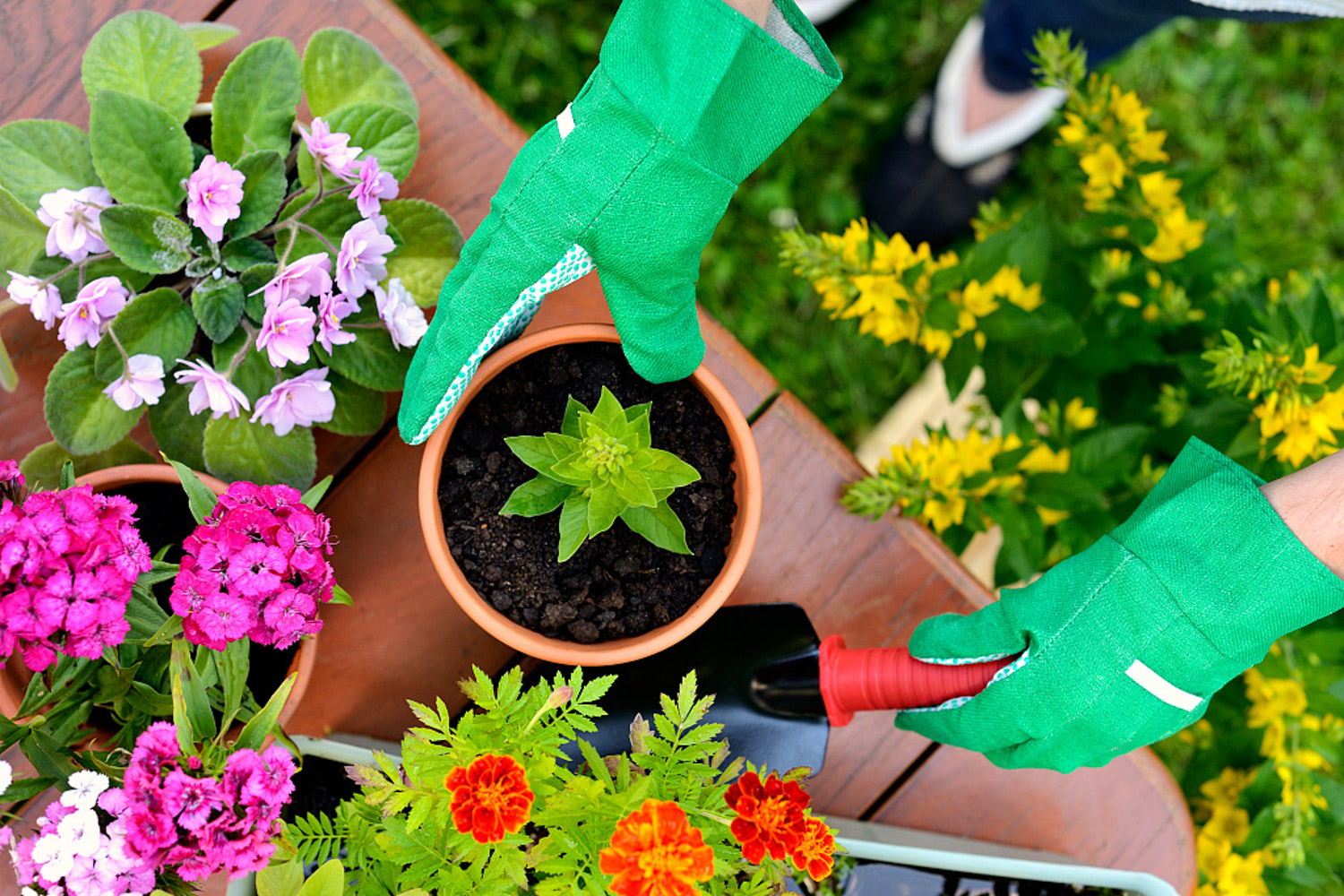
It is rich in nitrogen fertilizer
Moldy and inedible miscellaneous grains such as peanuts, beans and melon seeds are rich in nitrogen fertilizer. Don't throw them away. They can be fermented as base fertilizer or soaked into solution for topdressing, which can promote the growth of flowers
Fishbone, bone, eggshell

It is rich in phosphate fertilizer
Fish bones, broken bones and eggshells. Chicken feathers and other wastes are mixed with the old culture soil. After adding water, they are put into plastic bags and placed in the corner. After a period of decay, they can become excellent organic fertilizer
Function: topdressing with these fertilizers can make the flowers colorful and the fruits numerous~
Tea residue
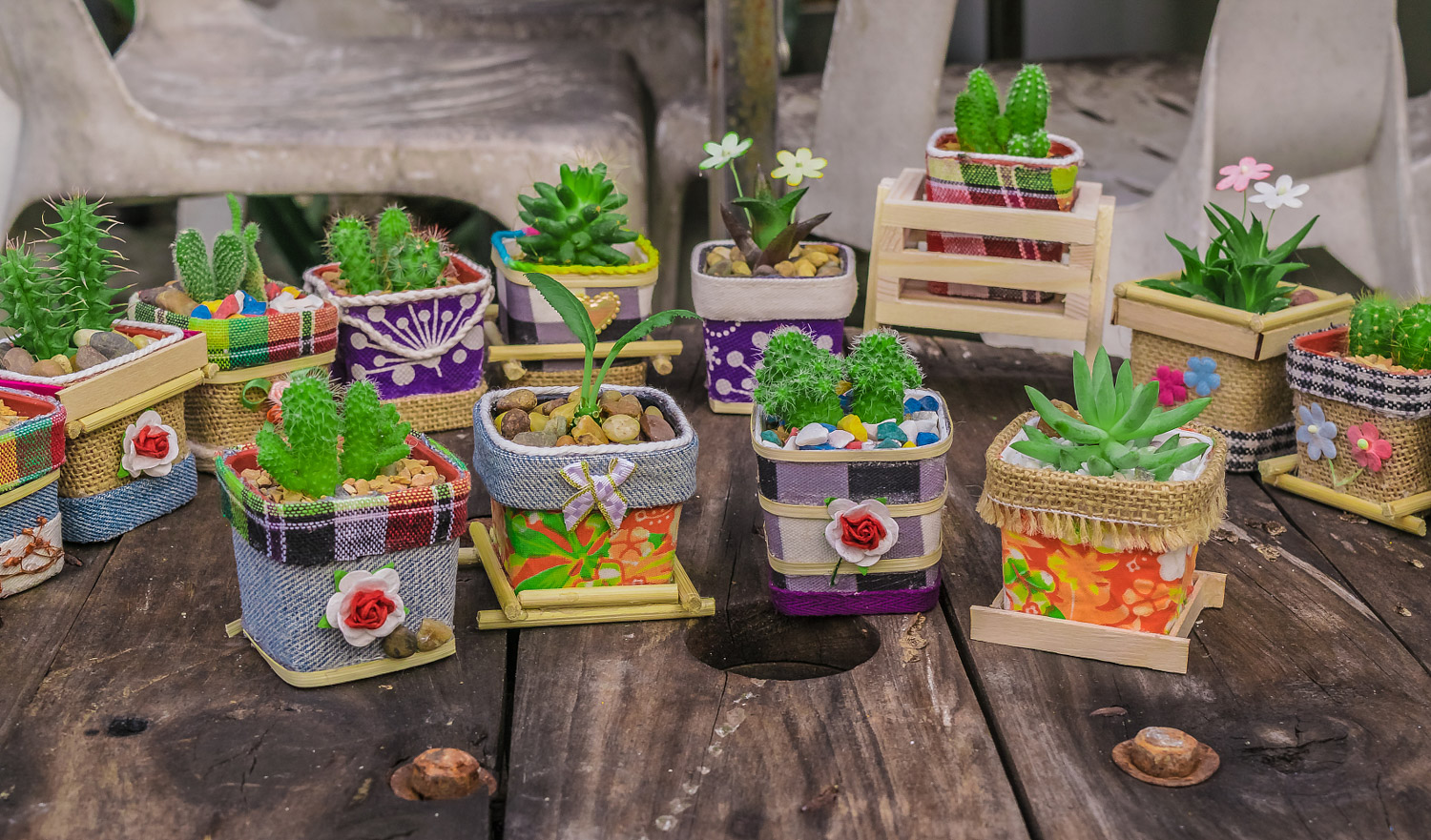
It is rich in potassium fertilizer
Drinking the remaining residual tea, rice washing water, swill, plant ash water and milk bottle washing water are good potash fertilizer, which can be directly used to water flowers, which can not only maintain soil water, but also add nutrients to plants, promote the development of roots and effectively improve the disease resistance of plants
Function: it can be used to supplement potassium to plants! Potassium can enhance the tolerance of plants to various adverse conditions, such as drought, low temperature, salt content, diseases and pests, lodging and so on< span>

 how many times do yo...
how many times do yo... how many planted tre...
how many planted tre... how many pine trees ...
how many pine trees ... how many pecan trees...
how many pecan trees... how many plants comp...
how many plants comp... how many plants can ...
how many plants can ... how many plants and ...
how many plants and ... how many pepper plan...
how many pepper plan...



























